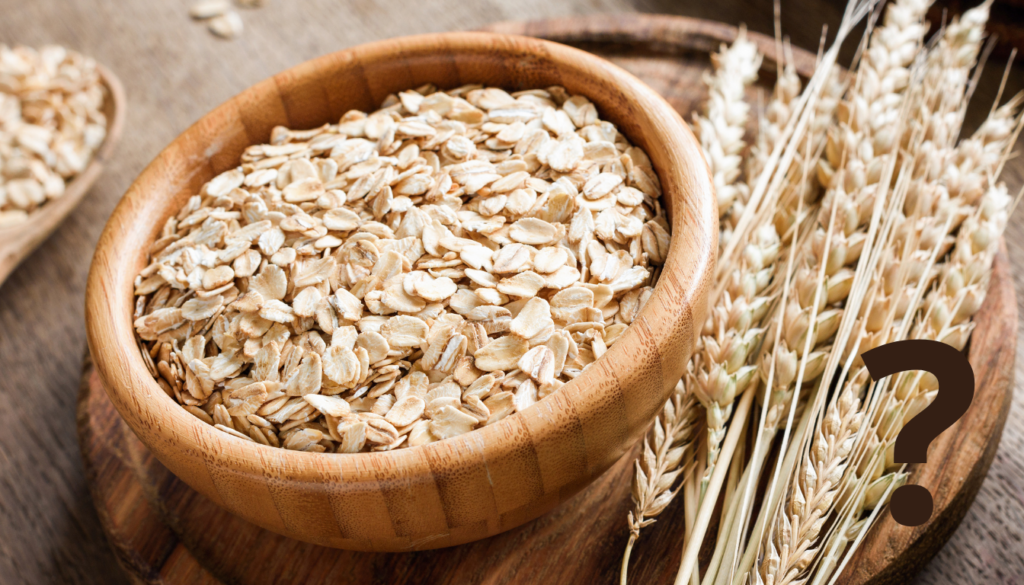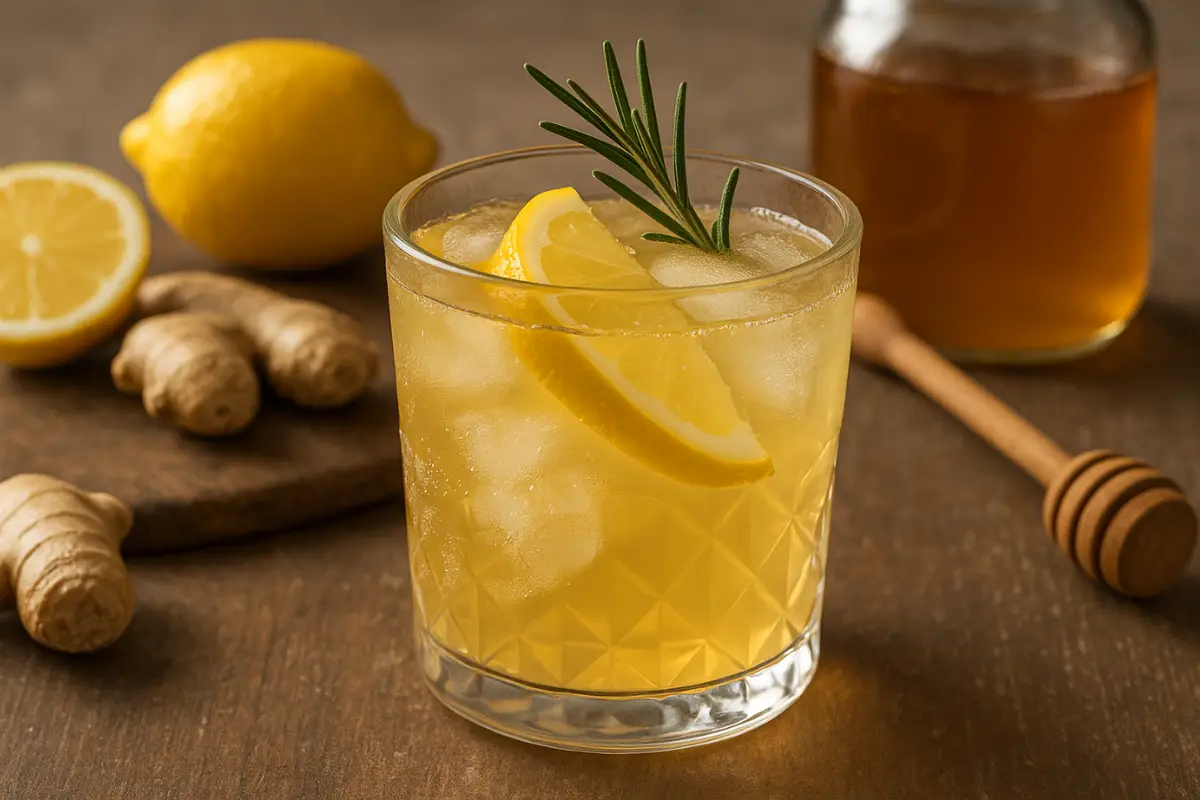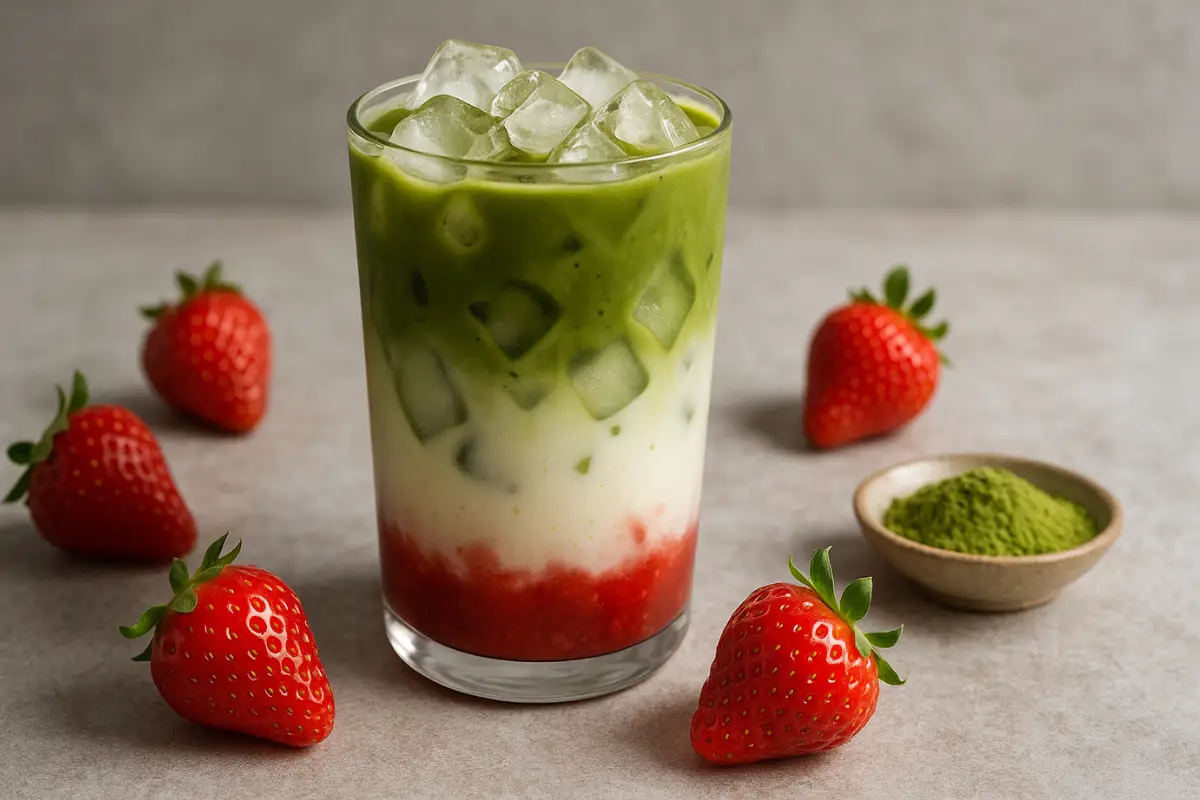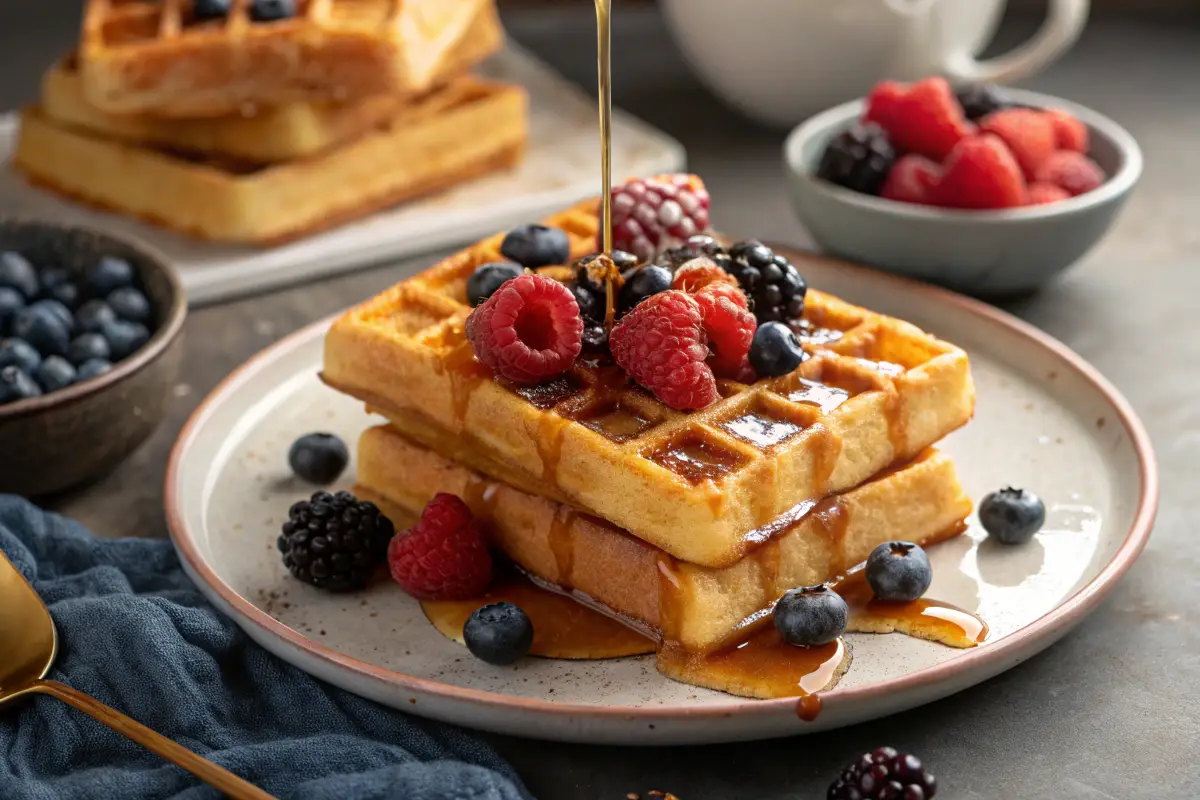Ever thought about oats for your diet, especially with gluten issues? This is a big question for many. Oats are naturally gluten-free, but there’s more to it. We’ll explore the risks of cross-contamination and what to look for in gluten-free oats. Knowing the facts is key, so let’s find out if oatmeal is safe for you.
Table of contents
- Understanding Gluten and Its Sources
- Are Oats Gluten-Free?
- Identifying Gluten-Free Oat Products
- Cooking and Baking with Gluten-Free Oats
- Conclusion
- FAQ
- Are oats gluten-free?
- Is oatmeal gluten-free?
- Is oat flour gluten-free?
- Are Quaker oats gluten-free?
- How do you know which oats are gluten-free?
- What is gluten?
- What are common sources of gluten?
- What are some natural gluten-free grains?
- What are the potential contamination concerns with oats?
- Why is gluten-free certification important?
- What brands offer gluten-free oats?
- How can I use oats as a substitute in recipes?
- What are some popular gluten-free oat recipes?
Understanding Gluten and Its Sources
Gluten is a protein found in several grains. It’s important for food texture and quality. Knowing about gluten helps you make better food choices, especially if you’re on a gluten-free diet.
What Is Gluten?
Gluten is made of two proteins: glutenin and gliadin. These are mainly in wheat, rye, and barley. It makes dough elastic, helping baked goods rise and keep their shape.
Common Sources of Gluten
Many foods have gluten because it comes from grains. Common grains with gluten are:
- Wheat
- Barley
- Rye
- Triticale
- Breads and baked goods
With more people sensitive to gluten, knowing these sources is key for avoiding it.
Natural Gluten-Free Grains
There are many natural gluten-free grains for a gluten-free diet. These are safe for those with gluten sensitivities. They include:
- Rice
- Quinoa
- Amaranth
- Millet
- Buckwheat
These grains are not only nutritious but also add variety to your meals and recipes.
| Grains | Gluten Status |
|---|---|
| Wheat | Contains gluten |
| Rye | Contains gluten |
| Barley | Contains gluten |
| Rice | Gluten-free |
| Quinoa | Gluten-free |
| Buckwheat | Gluten-free |

Are Oats Gluten-Free?
Understanding if oats are glutenless requires looking at their natural properties and contamination risks. You might be surprised to find out oats are naturally gluten-free. This makes oatmeal a good choice for those on a gluten-free diet. But, it’s important to consider a few things to ensure safety and purity.
Inherent Properties of Oats
Oats have special oat properties that make them healthy for your meals. They are full of fiber, vitamins, and minerals. Oats can be a great addition to a glutenless diet, improving your health. It’s worth noting that oats have a protein called avenin, which can cause sensitivity in some. But, this is not due to gluten.
Potential Contamination Concerns
Even though oats are naturally gluten-free, there’s a big risk of gluten contamination. Oats are often grown near gluten-containing grains or processed in facilities that handle other grains. This can lead to cross-contamination. If you’re thinking about adding oats to your glutenless diet, choose certified gluten-free oat products.
The FDA has strict rules for gluten-free labeling, allowing up to 19 parts per million of gluten. Making sure your oatmeal is gluten-free and meets these standards can help avoid gluten contamination risks.
Identifying Gluten-Free Oat Products
When picking gluten-free oat products, knowing about certification is key. It ensures safety for those with celiac disease. Looking for certified glutenless oats helps you make smart choices. It also builds trust in the products you pick.
Importance of Certification
Certification is a big deal because it proves oats are gluten-free. For those with celiac disease, it’s important to find products with credible gluten-free labels. These labels mean the oats have been tested and meet safety standards.
Products labeled as certified gluten-free oats have been checked by trusted groups. This makes them safe oats for celiac disease sufferers.
Brands That Offer Gluten-Free Oats
Many brands are dedicated to making certified glutenless oats. They focus on quality and safety during making. Here are some trusted brands:
- Bob’s Red Mill: Known for high-quality gluten-free oat products.
- Quaker: Offers a range of certified gluten-free oats that are widely available.
- Nature’s Path: Provides organic glutenless that cater to health-conscious consumers.

| Brand | Product Type | Certification |
|---|---|---|
| Bob’s Red Mill | Gluten-Free Oatmeal | Certified Gluten-Free |
| Quaker | Quick Gluten-Free Oats | Certified Gluten-Free |
| Nature’s Path | Organic Gluten-Free Oats | Certified Gluten-Free |
Choosing certified glutenless oats lets you enjoy healthy options without worry. It supports a healthy lifestyle while managing celiac disease or gluten sensitivity.
Cooking and Baking with Gluten-Free Oats
Gluten-free oats are a great addition to your kitchen. They offer new ways to cook and make dishes better. Their texture and nutrients make them perfect for many recipes. Whether you’re new to glutenless baking or experienced, oats can make your meals better.
Using Oats as a Substitute in Recipes
Gluten-free oats are a good choice for both sweet and savory dishes. They can replace flour in baking, adding fiber and flavor. Here are some ways to use them:
- Use rolled oats instead of breadcrumbs for meatballs or veggie burgers.
- Replace flour with ground oats in pancakes or muffins for better texture.
- Add oats to smoothies for extra nutrients and creaminess.
Popular Gluten-Free Oat Recipes
Looking for gluten-free baking ideas? Try these tasty recipes:
- Oatmeal Cookies: Chewy cookies with oats and chocolate chips or nuts.
- Oatmeal Cake: A moist cake that shows off oats’ natural sweetness, great for any event.
- Breakfast Oatmeal: A nutritious breakfast with glutenless oats, fruits, nuts, and honey.
Adding gluten-free oats to your diet has many health benefits. They increase fiber intake, which is good for your digestive health. Explore the many ways gluten-free oats can improve your cooking.

| Recipe | Main Ingredient | Prep Time | Cooking Time |
|---|---|---|---|
| Oatmeal Cookies | Gluten-free oats | 15 minutes | 10 minutes |
| Oatmeal Cake | Gluten-free oats | 20 minutes | 30 minutes |
| Breakfast Oatmeal | Gluten-free oats | 5 minutes | 10 minutes |
Conclusion
Understanding the gluten-free diet is key for those with gluten sensitivity or celiac disease. Oats can be a great choice for a nutritious diet. But, it’s important to watch out for oat safety.
Not all oats are safe. Cross-contamination during processing can be a risk for those who are gluten-sensitive. Always choose certified gluten-free oats from trusted brands.
This ensures the oats you pick meet safety standards. It also lowers the chance of contamination. Knowing what’s gluten-free helps you make better food choices.
Choosing the right oats can make your meals better and your gluten-free life safer. Oats are versatile in recipes. Making informed choices keeps your health in mind.
FAQ
Are oats gluten-free?
Yes, oats are naturally gluten-free. But, they can get contaminated with gluten during farming, processing, or packaging. It’s key to pick oats that are certified glutenless to stay safe.
Is oatmeal gluten-free?
Oatmeal can be glutenless if it’s made from certified gluten-free oats. Always check the packaging for gluten-free certification to avoid cross-contamination.
Is oat flour gluten-free?
Yes, oat flour is glutenless if it’s made from certified gluten-free oats. Be careful of cross-contamination in facilities that handle both gluten and gluten-free grains.
Are Quaker oats gluten-free?
Quaker has a line of certified gluten-free oats. Make sure to check the specific packaging to ensure they are labeled gluten-free.
How do you know which oats are gluten-free?
Look for oats with a glutenless certification from trusted organizations. This shows they’ve been processed in safe facilities that prevent cross-contamination.
What is gluten?
Gluten is a protein in wheat, rye, barley, and triticale. It makes baked goods rise and gives them a chewy texture. But, it can cause problems for people with gluten sensitivity or celiac disease.
What are common sources of gluten?
Gluten is found in bread, pasta, baked goods, and many processed foods made with wheat, rye, or barley. Always check ingredient labels to spot gluten-containing foods.
What are some natural gluten-free grains?
Natural glutenless grains include rice, corn, quinoa, buckwheat, and, of course, oats when they’re certified no gluten. These grains are great substitutes in a gluten-free diet.
What are the potential contamination concerns with oats?
Oats can get contaminated with gluten if they’re grown near gluten-containing grains or processed in facilities that handle wheat, barley, or rye. It’s vital to choose certified glutenless oats to avoid this risk.
Why is gluten-free certification important?
Gluten-free certification is key because it confirms the product has less than 20 parts per million of gluten. This makes it safe for people with gluten sensitivity or celiac disease to eat.
What brands offer gluten-free oats?
Reputable brands like Bob’s Red Mill, Quaker, and Nature’s Path offer certified glutenless oats. Always check the certification label when buying.
How can I use oats as a substitute in recipes?
You can use glutenless oats as a substitute in many recipes for baking and cooking. For example, using oat flour instead of flour can improve the texture of cookies and other baked goods.
What are some popular gluten-free oat recipes?
Popular recipes using glutenless oats include oatmeal cookies, oat-based energy bites, and oatmeal pancakes. These recipes let you enjoy oats while following a glutenless diet.





